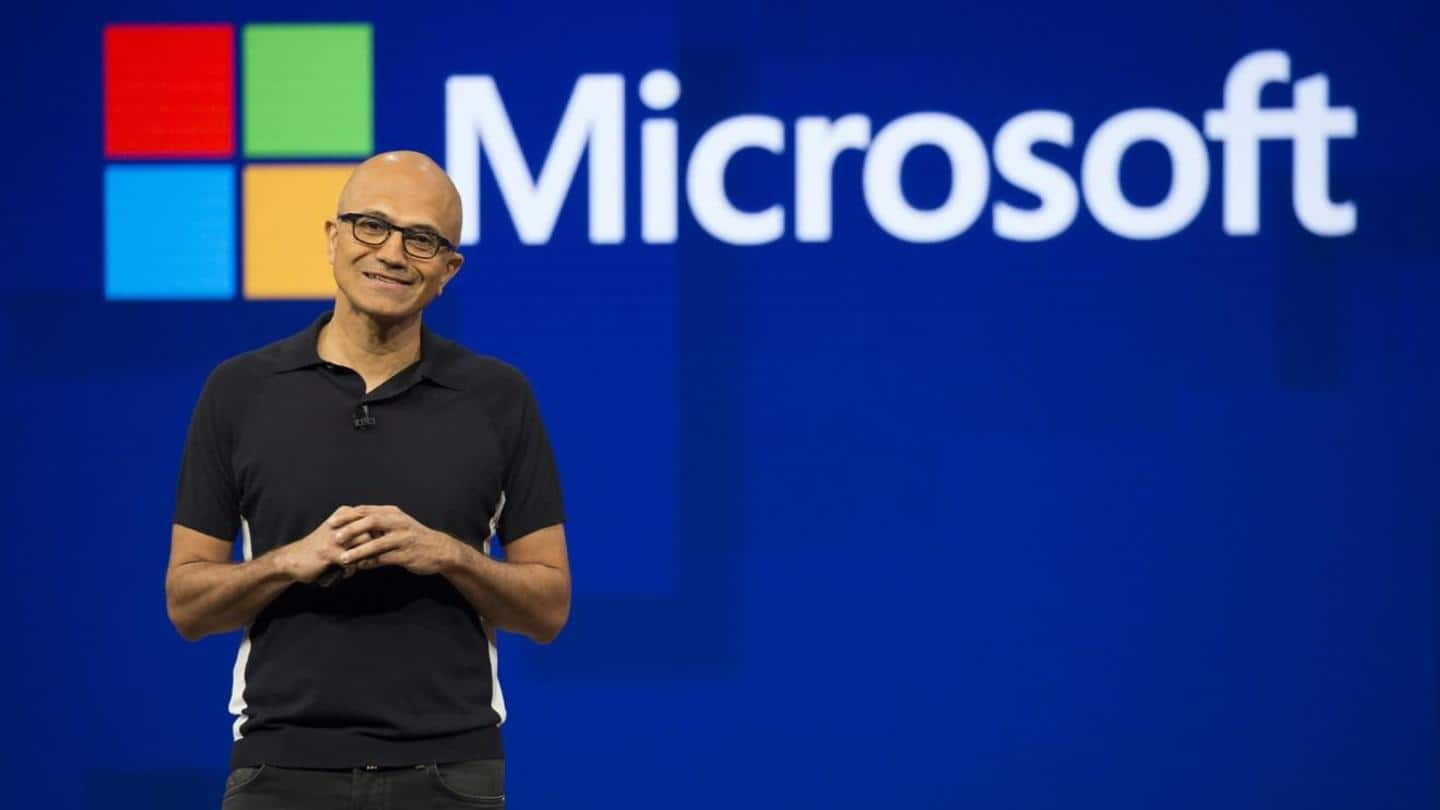
Microsoft patents 'detachable' dual screen device: Details here
What's the story
Unlike Samsung, Huawei, and many other tech giants, Microsoft is focusing particularly on building dual-screen experiences through its hardware and optimized Windows 10X software. The company has already showcased a couple of dual-screen devices, and now, to build on this, it has patented what looks like the design of a "detachable" dual-screen computing device. Here's more about it.
Device
Magnetic hinge-based dual screen hardware
In the patent, granted by the USPTO, Microsoft has envisioned a dual-screen device where two panels are held together with an elongated magnetic hinge assembly. The two portions use ferromagnetic material such as iron so that they stick to the magnets of the assembly in a synced and modular manner. It would presumably use Windows 10X to optimize content according to both panels.
Separation
The panels could be detached and used separately
While the concept sounds a lot like the recently-unveiled Surface Duo, there is one big difference - separation. According to the patent, the magnetic hinge assembly would let the user detach the two panels from one another and use them separately as independent devices. "From one perspective, the present magnetic hinge assembly implementations can be viewed as virtual hinges," Microsoft noted in the patent.
Benefits
It will offer other benefits too
In addition to independent usage, the magnetic hinge configuration would also reduce the gaps between the two portions, Windows Latest reported. This will not just look aesthetically appealing to the user but also prevent dust and other particles from entering inside and breaking internal hinge components. Plus, the whole system would also enable the device to offer rotation up to 180 degrees.
Availability
No word on availability
Having said that, it must be noted that this device is just an envisioned patent and there is no word on its development or availability in the market. Patents do not always end up as finished products but they sure show what kind of technologies and ideas a company is exploring for its next-generation of hardware or software.